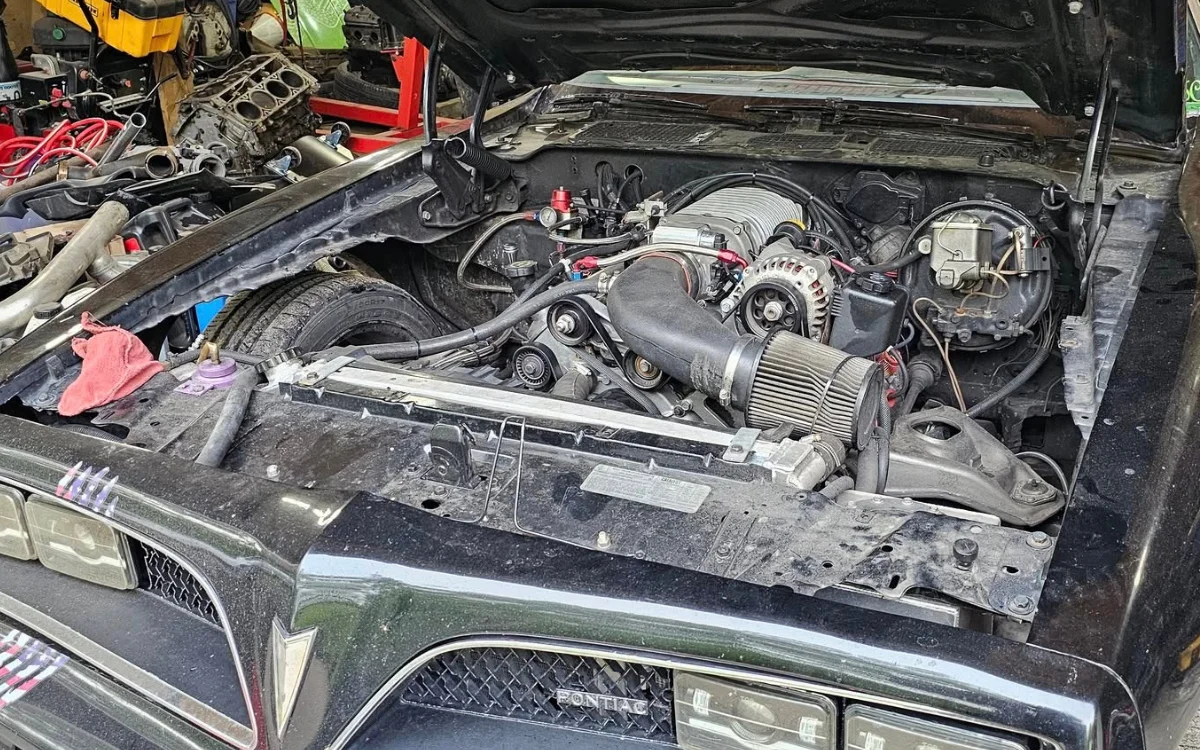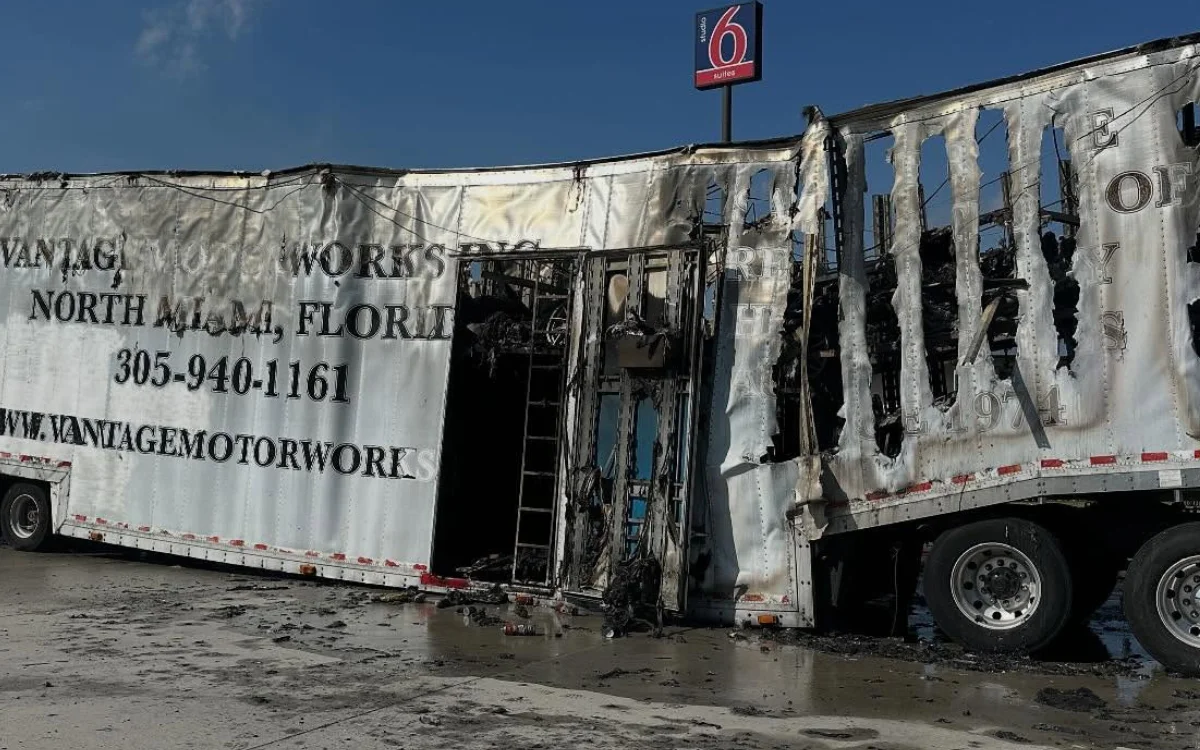Boundless price crashes 46% after Binance listing as airdrop recipients sell
The post Boundless price crashes 46% after Binance listing as airdrop recipients sell appeared on BitcoinEthereumNews.com. ZKC, the native token of Zero-Knowledge Compute Network Boundless, crashed 46% within hours following its launch on exchanges including Binance and Bybit. Summary Boundless price crashed after it was listed on multiple top-tier exchanges, including Binance. The project officially activated its mainnet on the same day, allowing it to transition to a fully functional verifiable compute network. Sell-offs from early investors and airdrop recipients drove its recent drop. Binance Alpha, a spotlight section within the main Binance exchange, was the first to feature Boundless (ZKC), with trading starting on Sep. 15 at 12:30 UTC. Just a few hours later, the token secured a full spot listing on the main Binance platform. Other major exchanges that also added support for the token on the same day include Gate, KuCoin and Bybit. The debut on exchanges coincided with the official launch of the Boundless mainnet on Base, transitioning its protocol for verifiable compute from beta into full production. Following its token generation event (TGE), Boundless established a total genesis supply of 1 billion ZKC, with roughly 200.9 million tokens (20.09%) entering circulation by the time of its Binance listing. As per its tokenomics, the token operates on an inflationary model, beginning with a 7% issuance rate in the first year that will gradually taper to around 3% annually from year eight onwards. Around 5–6% of the total supply has been earmarked for airdrops, fully unlocked at TGE as per the official document. This includes the 1.5% of the supply, or 15 million ZKC tokens allocated through Binance’s HODLer airdrop program and additional community-focused distributions. Boundless (ZKC) crypto debuted at an initial price of $1.65, briefly rallying to $1.78 within the first hour before plunging nearly 46% as of press time. The sharp drop likely stemmed from profit-taking by early investors and airdrop…

The post Boundless price crashes 46% after Binance listing as airdrop recipients sell appeared on BitcoinEthereumNews.com.
ZKC, the native token of Zero-Knowledge Compute Network Boundless, crashed 46% within hours following its launch on exchanges including Binance and Bybit. Summary Boundless price crashed after it was listed on multiple top-tier exchanges, including Binance. The project officially activated its mainnet on the same day, allowing it to transition to a fully functional verifiable compute network. Sell-offs from early investors and airdrop recipients drove its recent drop. Binance Alpha, a spotlight section within the main Binance exchange, was the first to feature Boundless (ZKC), with trading starting on Sep. 15 at 12:30 UTC. Just a few hours later, the token secured a full spot listing on the main Binance platform. Other major exchanges that also added support for the token on the same day include Gate, KuCoin and Bybit. The debut on exchanges coincided with the official launch of the Boundless mainnet on Base, transitioning its protocol for verifiable compute from beta into full production. Following its token generation event (TGE), Boundless established a total genesis supply of 1 billion ZKC, with roughly 200.9 million tokens (20.09%) entering circulation by the time of its Binance listing. As per its tokenomics, the token operates on an inflationary model, beginning with a 7% issuance rate in the first year that will gradually taper to around 3% annually from year eight onwards. Around 5–6% of the total supply has been earmarked for airdrops, fully unlocked at TGE as per the official document. This includes the 1.5% of the supply, or 15 million ZKC tokens allocated through Binance’s HODLer airdrop program and additional community-focused distributions. Boundless (ZKC) crypto debuted at an initial price of $1.65, briefly rallying to $1.78 within the first hour before plunging nearly 46% as of press time. The sharp drop likely stemmed from profit-taking by early investors and airdrop…
What's Your Reaction?







































